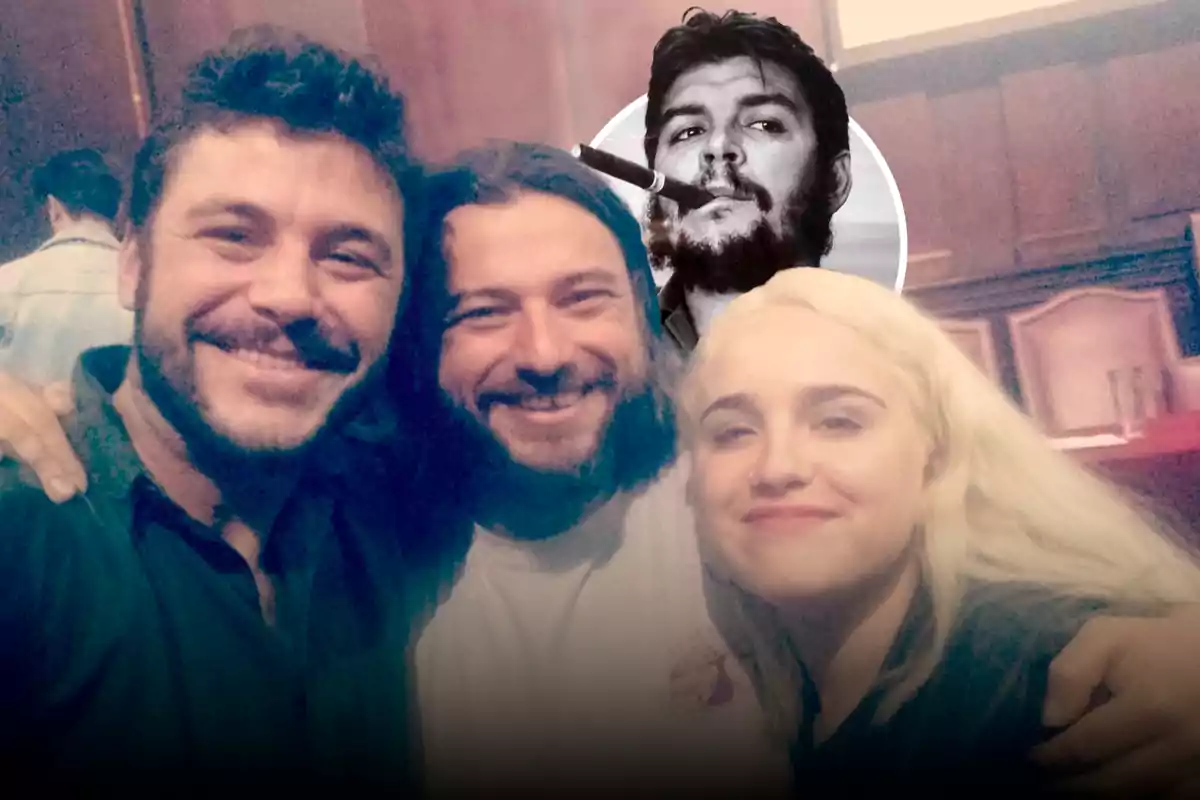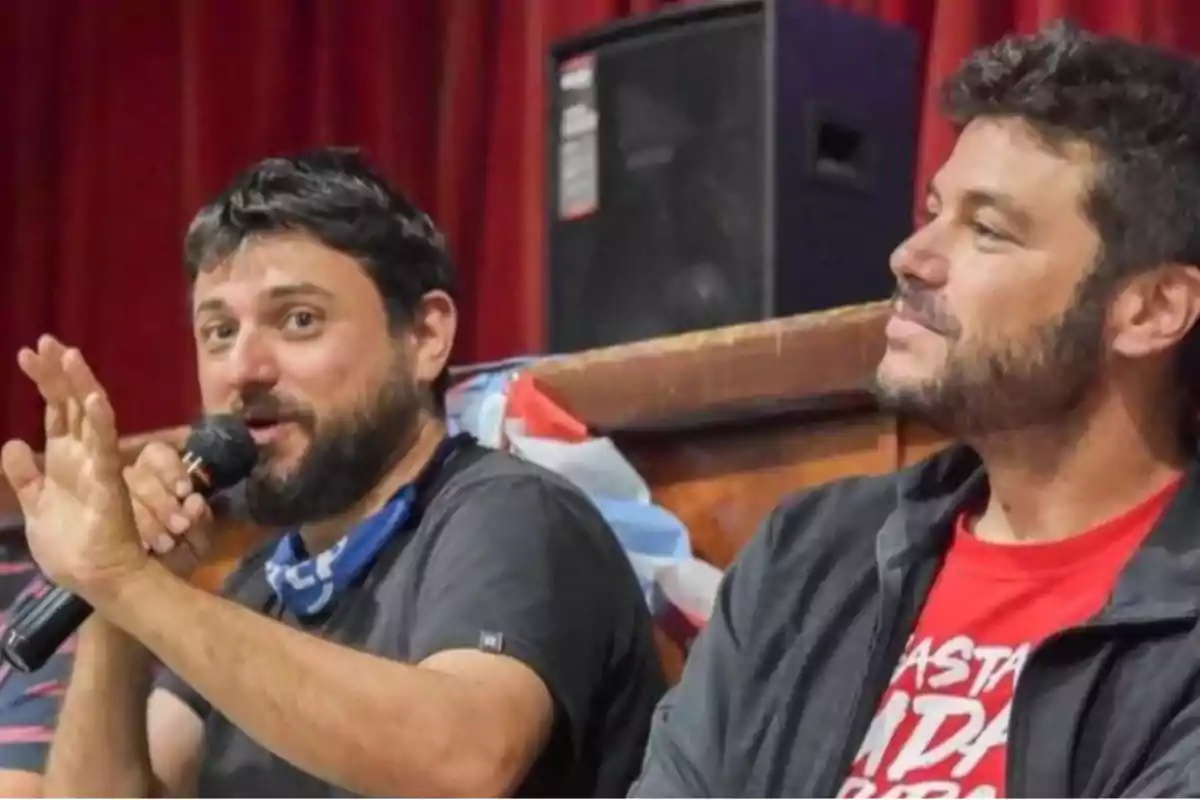
Monteverde, Grabois's candidate who imitates Che and talks about communism in Rosario
Strong state intervention, increased regulation, and a left-wing vision that has already failed at every level of government
This Sunday, Rosario faces a key election for its future. On one side is Juan Monteverde, a candidate promoted by Kirchnerist sectors and a political ally of figures such as Juan Grabois, Cristina Fernández de Kirchner, and Sergio Massa. His rhetoric of "active citizenship" masks a project of strong state intervention, more regulation, and a leftist vision that has already failed at every level of government.
Monteverde, a leader of Ciudad Futura, has spent years consolidating his space with leftist speeches that have done little to solve Rosario's structural problems. Security statistics have worsened, tax pressure has increased, and "community" speeches have not been enough to address the social crisis, the expansion of drug trafficking, or youth unemployment. Today, he tries to present himself as a new face, but his alliance with the most ultra-Kirchnerist sectors exposes him.
Aleart represents change: freedom, order, and state efficiency
In the face of that exhausted model, Juan Pedro Aleart, candidate of La Libertad Avanza, emerges with a disruptive proposal. With no ties to the traditional political apparatus, Aleart embodies renewal: he proposes a more agile, less bureaucratic municipality that guarantees security and unleashes local productive potential.

His main points are clear:
- Reduction of political spending and privileges of the ruling class.
- Reorganization of the municipal government to eliminate useless structures.
- A realistic approach to security, with support for law enforcement.
- Promotion of private activity, simplifying permits and removing unnecessary obstacles.
Aleart understands what many leaders prefer to ignore: without a deep change in municipal management, Rosario will remain trapped in the same vicious circle that turned it into a symbol of violence and inefficiency.
Monteverde is the past: roadblocks, welfare policies, and more state intervention

Monteverde's problem is not just his ideology: it's his political history and his connections. He was a partner of provincial Peronism, a silent accomplice to administrations that allowed the advance of drug trafficking and the deterioration of the social fabric. His closeness to Grabois foreshadows a management model based on the informal economy, roadblocks, and the multiplication of social welfare plans as a form of political control.
Behind his "progressive" façade, Monteverde represents the worst of old politics: idealistic speeches, ineffective measures, and an agenda that revolves around state control, not citizen freedom.

Rosario has an opportunity: choose the future
This Sunday, the city has two paths: to bet on a new model, with clear rules, economic growth, and institutional order, or to repeat the populist experiment with a different name and a different look, but with the same results as always.
Juan Pedro Aleart, with no commitments to old politics, presents a concrete, modern, and coherent alternative. Rosario can begin a real transformation, or fall once again into the hands of a worn-out progressivism whose only proposal is more state intervention, more taxes, and more welfare policies.
More posts: